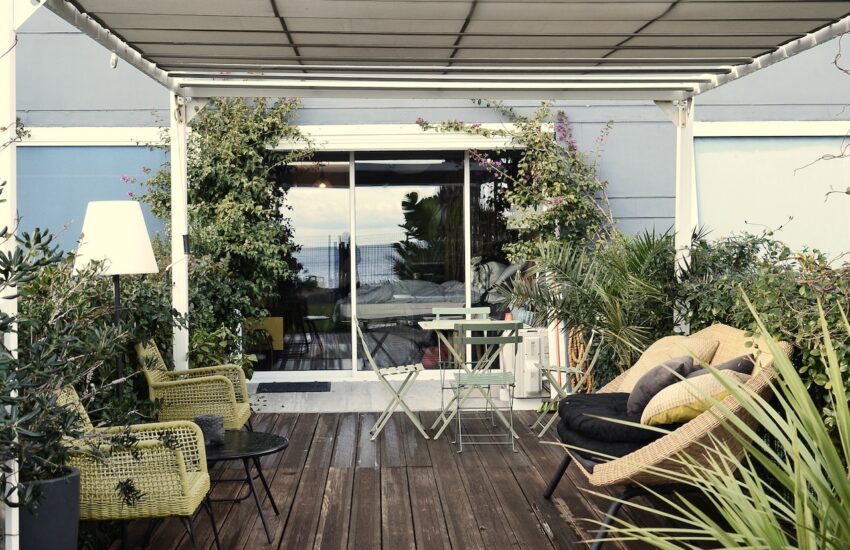Do Fences Make Good Homes & Neighborhoods?
The white picket fence is a common trope of Americana. Take the 1990s situational comedy Home Improvement. A fence was used as a running joke to hide the visage of Tim Allen’s neighbor Wilson W. Wilson Jr. In the real world, fences are more than just useful joke props.
Homeowners derive genuine value and benefits from fences that separate their property from their neighbors’. Here are a few examples:
- Dog owners rely on a chain link fence to contain their pets and to separate them from neighbors and passers-by that the dog might lunge at.
- Fenced-in yards help to keep small children safe from passing cars.
- Fences provide privacy and security, particularly in densely-populated areas.
- Fencing may be required by zoning ordinances to wall off pools, hot tubs, and other attractive risks.
- Fences define individual and unique spaces while delineating property lines.
As you can see, fences are a boon for many homeowners.
Fences and Homeowners Insurance
A fence will affect a homeowner’s insurance premiums in at least two ways.
First, a fence can reduce the overall premium rates. Property insurers generally consider whether a fence improves home security by making it harder for thieves to break in. Fences also reduce premiums if they impose a barrier between the public and potential risks on a homeowner’s property.
Second, damage to fences may or may not be covered by a homeowner’s property insurance policy. That policy will typically include Coverage A, which insures the primary structure of the house on the property; and Coverage B, which includes other structures such as sheds and garages. Casualty damage to a fence is generally reimbursed under coverage B. Coverage C is reserved for personal injury claims.
If your property has a fence and you are reviewing homeowners’ insurance quotes, pay close attention to the language in the Coverage B section. Check to see if it excludes older fences or fences made from unusual materials. A fence that is directly attached to a primary structure might also be included under coverage A. If you have any questions, direct them to the agents or carriers that prepared the quotes for you.
Is It Your Fence or Your Neighbor’s?
Robert Frost is generally credited with the observation that “good fences make good neighbors.” Frost’s main concern seemed to be understanding what he was walling in and walling out. He didn’t consider the grief caused by erecting a fence either on or too close to a property line.
Building codes generally include setbacks that define how close a fence can be to a property line. Older fences might not be consistent with current codes, and surveying mistakes might cause a fence to be erected improperly. These situations raise the question of which neighbor is responsible to maintain and insure the fence. Legal counsel is often required to resolve these types of disputes.
Homeowners considering fencing in their yards often think of little more than the style of fence they’d prefer. Given insurance and other issues that fences bring to bear, those homeowners should expand their deliberations. Consider how a fence will affect security, property values, neighborhood relations, and insurance premiums before making your decision.



Hi,
we are a fence-selling company in germany but none of us has ever thought about that. Interesting thoughts – it’s almost philosophical thinking.
Therefore this should be a very interesting article for our customers. Do you allow me to use the pictures and translate the post into german making it easier to understand for our customers?